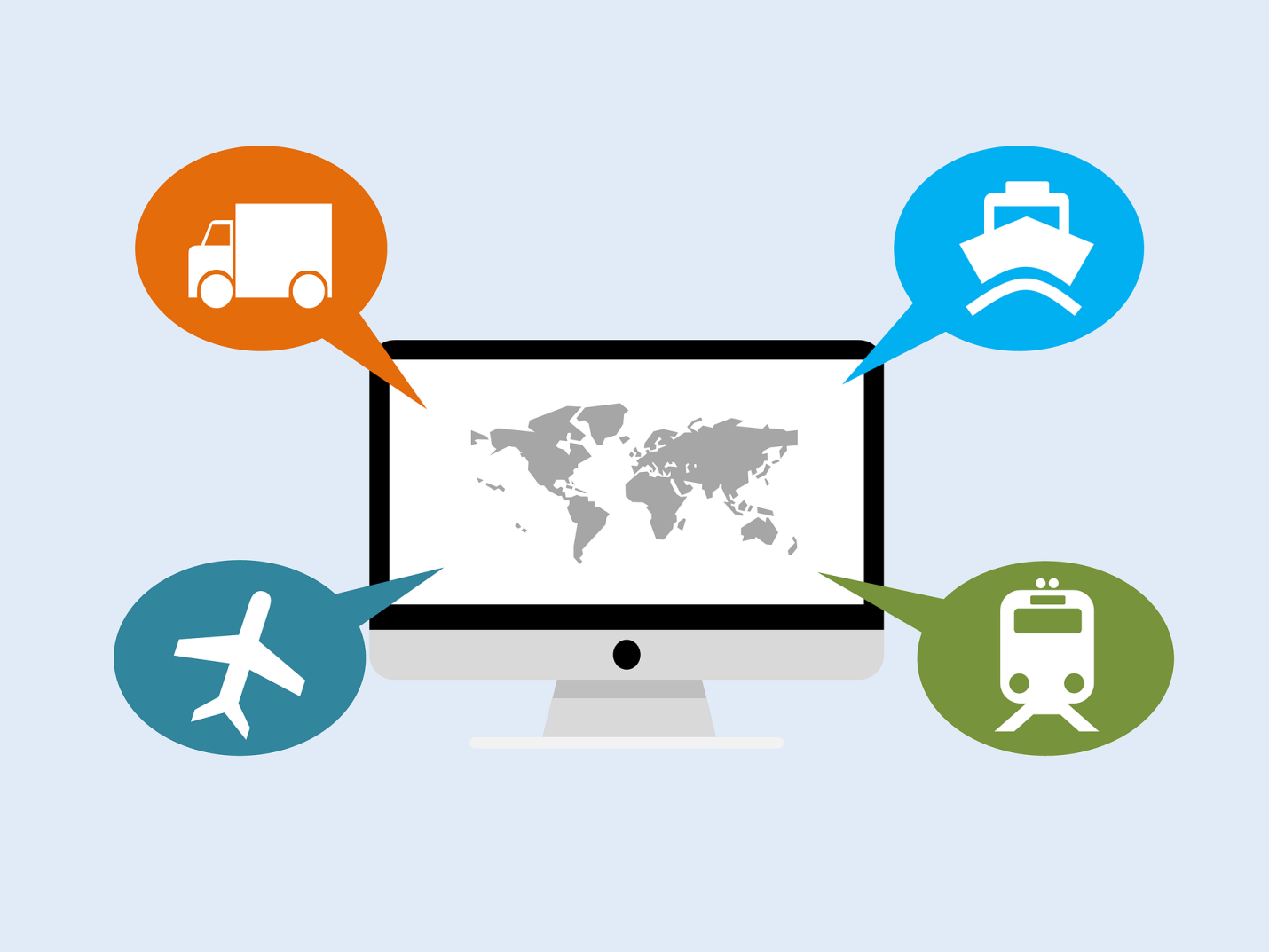


Festive season always witnesses a surge in the demand of goods. Despite the pandemic, in the year 2020, India generated online sales of US$ 8.3 billion. Interestingly, the figure was 65 percent higher than that of 2019. This year, the sales are expected to go further up with more number of people having tasted the experience of online shopping and swift deliveries. With delivery benchmarks becoming more short-lived, it has become a must for businesses to raise beyond the current delivery standards.
Coping with the delivery expectations of customers is the biggest challenge logistics management platforms face. Online order volumes shoot up to such an extent in the festive season that it gets extremely difficult to scale up delivery operations. Inventory crisis, increased delivery costs, and growing volumes of returns add to the festive season woes of the 3PL companies in India and abroad. This is where SaaS-based logistics management platforms come into play. They deal with the surge in order volumes while addressing the inefficiencies of the logistics operations.
Delivery Scale-ups
ML algorithms are leveraged by AI-based logistics platforms to automate the best 3PL selection. The algorithms analyze various parameters basis historical data and current task requirements to arrive at the optimized selection. It also allows businesses to partner with multiple logistics service providers simultaneously to scale delivery operations quickly while helping to track them using a single dashboard. Deliveries could be scaled by planning high level optimization of multi-drop and pickup routes with the help of smart management platforms. Moreover, orders are intelligently clubbed so as to ensure further scalability. Roster management becomes easy with the help of smart platforms. Furthermore, leveraging such platforms, store managers could onboard ad-hoc drivers to meet surging demands of the peak season.
Profitable Deliveries
Cost and operational benefits could be achieved as bi-products of automation as it leads to process optimization. Most time and fuel-efficient route could be determined through intelligent route optimization and planning engine. The automated platform constantly reroutes depending on the pickup/delivery requirements in order to avoid delays caused by either traffic congestions or roadblocks. By smartly combining forward and reverse logistics, multi-drop deliveries could be encouraged and empty miles could be reduced. By leveraging smart platforms, repetitive and inconvenient tasks and human errors could be eliminated. These high-end technologies have the potential to increase the vehicle capacity utilization by 31 percent and save 4 percent of the delivery time.
Efficient KPI Management
A smart logistics management platform is capable of handling and managing huge volume of data efficiently. It triggers notifications to customers to share their quick feedback on services. It also captures those feedbacks to improve service quality. It also helps in improving driver engagement and productivity by integrating gamification capabilities. The delivery agents are now able to view real-time performance and customer feedback which motivate them to improve or maintain their position on the in-app leader boards.
Festive season is the ideal time for businesses to augment their technological architecture. Basis avant-garde technology, businesses can survive and thrive in a world of cut-throat competition, especially during the peak season.
Navigating the intricacies of import customs clearance in Mumbai is essential for businesses engag.....
The bustling metropolis of Mumbai, where the air is thick with the aroma of chai and the streets are alive with the hum of commerce. In the heart of this vibrant city lies a crucial hub for interna.....
In today's rapidly evolving marketplace, the logistics sector plays a pivotal role in meeting the dynamic expectations of consumers for transparency, timely delivery, and innovation. As India&#.....